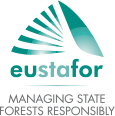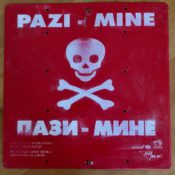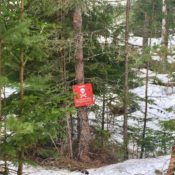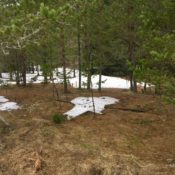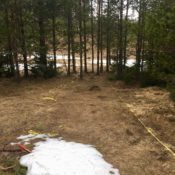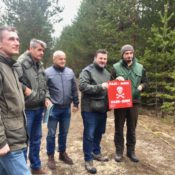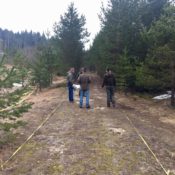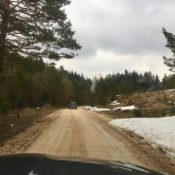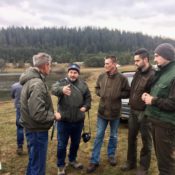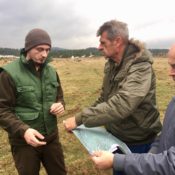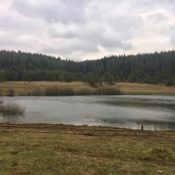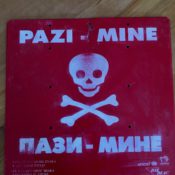Land mines threaten people and seriously impact sustainable forest management in Europe
Mine contamination in forests and the tremendous efforts required to demine are among the biggest challenges in forests managed by the Public Forest Enterprise „Hercegbosanske sume“ (HB Sume) in Kupres, in Bosnia i Herzegovina. Inaccessibility to mined forests means large areas of state forests in Bosnia I Hercegovina remain unmanaged, which creates additional threats to the health status of those forests, increases the risk of forest fires and other damaging factors and, even more importantly, continuously endangers human life.
Since its establishment in 1998, HB Sume has been actively working on clearing suspected mine areas, bringing them under regular management, especially those with high forests and high-quality stands. The process has been extremely slow and technically difficult, starting with the lack of maps of many of the suspect areas.
Another important aspect is the practicality of demining. The classic mine clearing method was too expensive so, BH MAC (Mine Action Center in Bosnia and Herzegovina), who is assisting foresters in this process, has employed a new method, the so-called “land-release” method, which implies first collecting all relevant information and then, based on that information, demining according to the principle of targeted and systematic investigations.
 Tab.1. Forest land categories managed by Hercegbosanske sume
Tab.1. Forest land categories managed by Hercegbosanske sume
So far, HB sume has cleared 3,942 ha of forest land (mostly high forests with natural renewal), which constitutes around 18% of the total mined area of the productive forests. The demining cost about 8.3 million KM, approx. 4,2 million EUR, of its own resources. There is also an additional burden related to the demining of barren land. However, according to the demining rules such areas cannot be separated from the entire mine suspected area (MSP) so they have to be demined along with forests, even though this creates an additional burden for the forest management enterprise.

HB Sume will continue to invest in demining the forest in order to expand the forest area under management as much as possible. The efficiency of this process will largely depend on available funds. However, the goal is to progress with demining as much as possible while there are still people around who can remember where mines were installed during the war. The impact of residual mine contamination on the daily lives of local residents remains devastating. International cooperation and external financing could greatly speed up the elimination of this problem. The role of EU technical and financial assistance targeting neighboring countries cannot be overestimated.
Piotr Borkowski, Executive Director of EUSTAFOR, visited the mined areas during a visit to the 2019 Main Forest Sector Conference of the Balkan Region, held on 4-5 April 2019 in Kupres, Bosnia I Herzegovina.
More about the conference is available under this link.
Gallery
Published 28/05/2019, Brussels
Mr. Piotr Borkowski
Executive Director
- piotr.borkowski@eustafor.eu
- +32 (0) 474 989 319
